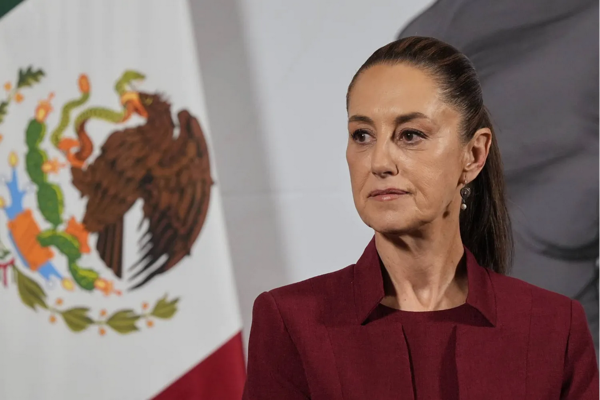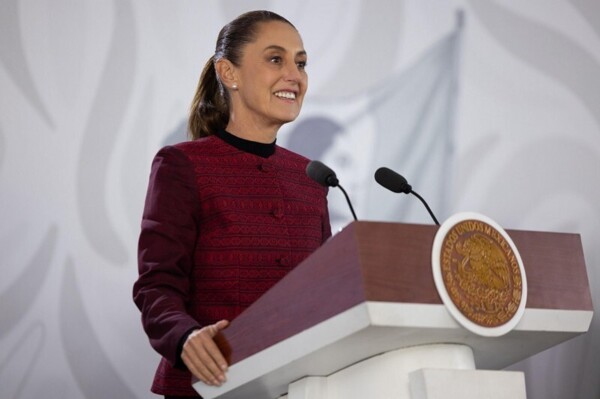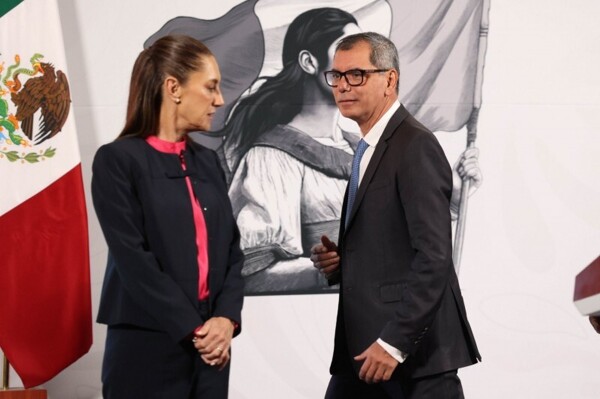
In Mexico, scholarships and educational loans play a fundamental role in democratizing access to higher education. Access to higher education remains a serious problem for many young people who cannot afford their studies. Given this reality, scholarships and educational loans are two viable options to prevent dropout in undergraduate and graduate programs.
Scholarships represent one of the most common forms of financial support for students in Mexico, as they offer cost-free opportunities for those who meet the requirements. On the other hand, educational loans are an accessible solution for those who need to finance their education. To choose the best option between scholarships and educational loans, it is necessary to analyze the individual circumstances of each student.
A recommended strategy is to combine a scholarship with educational financing, as this combination allows students to cover the costs of their studies and make payments once they have completed their training and entered the job market.
Educational loans offer flexible payment plans that adapt to the needs of each student and represent an investment in professional development, as quality education increases job opportunities and economic stability. It is important to note that loans entail a future financial commitment that involves interest and can be granted by various institutions.
On the other hand, scholarships do not generate debt and are a recognition of academic merit, as they are awarded based on academic performance, motivating young people to strive and stand out. Despite their benefits, scholarships often have high demand and specific requirements that limit access for many students.
Those who choose a combination of scholarships and educational loans can reduce the amount of debt acquired and secure the necessary resources to cover costs not included in the scholarship, such as materials, transportation, or maintenance. This combination optimizes the academic and professional opportunities of students, allowing them to access quality education without compromising their long-term financial well-being.














